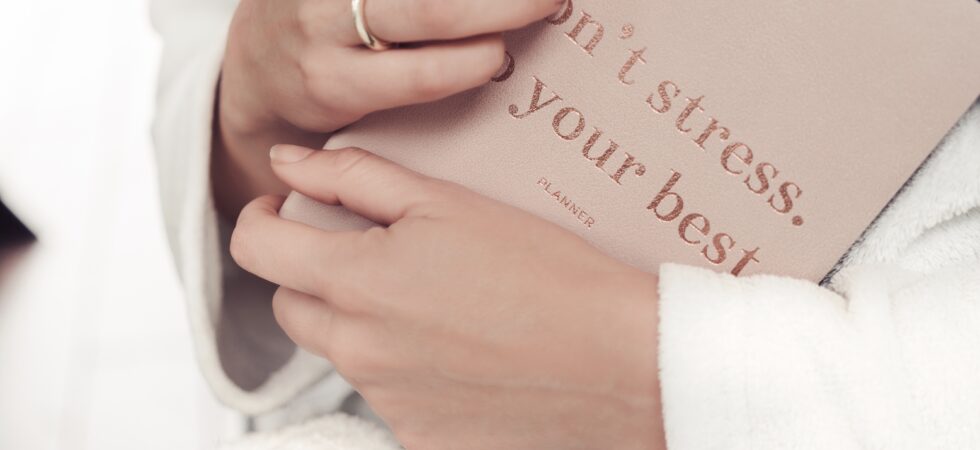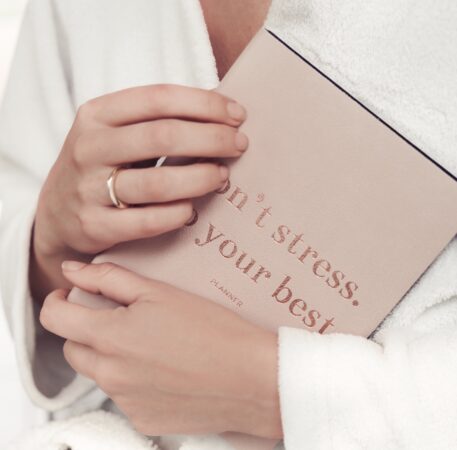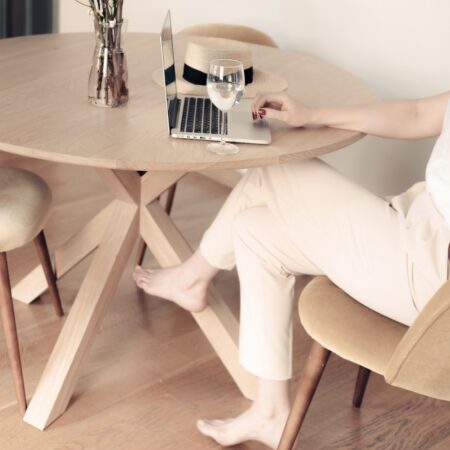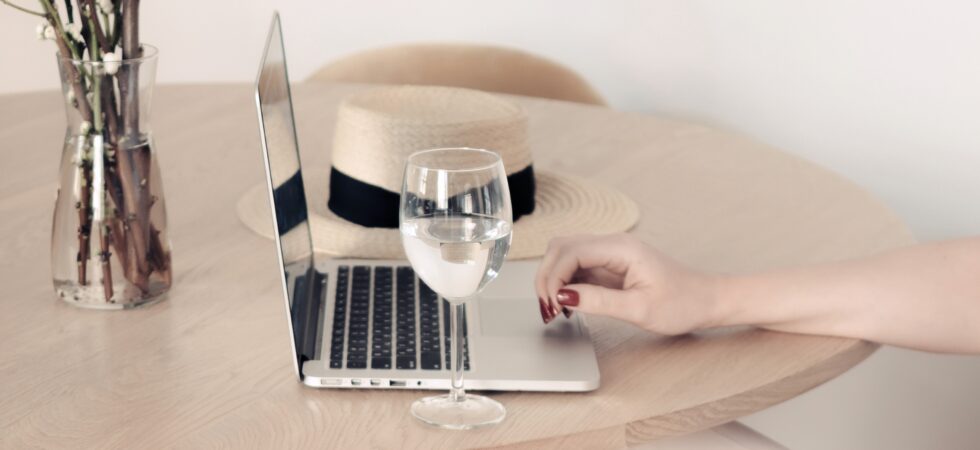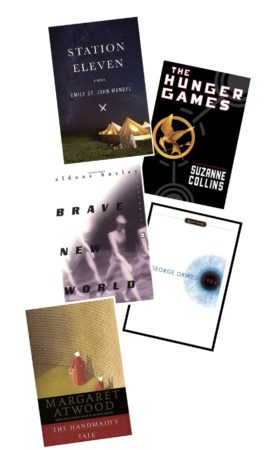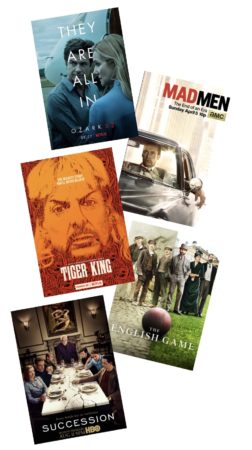Hi, there lovely readers. Introspection. I suspect we’ve all been indulging in this of late – examining our thoughts and feelings as we reconcile with COVID-19. For me, exploring my own company one week, my loved one’s the next as I flit between two homes; work kit in one box, temperament in another. No children involved. I can’t begin to imagine what life’s been like for those who’ve been juggling partners and kids 24/7. Make or break, survive, thrive or implode. How many words expressed that were better left unsaid?
![]()
![]()
 For the most part, expressing ourselves is vital, for effective communication with family, friends, and work colleagues is critical for healthy, harmonious relationships. There are also times where suppressing them is even more critical. We pat our selves on the back for being so disciplined as we keep those thought bubbles intact yet all that pent up emotion can have disastrous emotional consequences. So how can we let those thought bubbles burst without potential blowback? Journalling my lovely friends. Journalling.
For the most part, expressing ourselves is vital, for effective communication with family, friends, and work colleagues is critical for healthy, harmonious relationships. There are also times where suppressing them is even more critical. We pat our selves on the back for being so disciplined as we keep those thought bubbles intact yet all that pent up emotion can have disastrous emotional consequences. So how can we let those thought bubbles burst without potential blowback? Journalling my lovely friends. Journalling.
"There are no accusations with writing, no judgment, no shame, only freedom " (Jessica Sorensen)
Psychologists, sport and otherwise, recommend writing for it’s an effective way to check in with our thoughts, feelings and emotions, positive, negative, or otherwise. An opportunity to process the noise in our heads and allow the subconscious to have a voice. Just enjoying the physical act of putting pen to paper can be a panacea for the soul. No surprises then, that paper journals have been enjoying a resurgence of late. They’re considered the new ‘mindfulness’ app, as evidenced by the volume of beautiful paper journals currently on the market. That said, for those planning to explore the beauty of journaling, opening to that first crisp white page can be quite daunting. What to write?
How to acknowledge thoughts through words and drawings
 Keen to totally immerse yourself in the moment as you take your favourite pen to your brand new paper? Why not start by engaging all the senses? It’s simple. First up, create five columns. Now head them up with ‘Smell’, ‘Touch’, Taste’, ‘See’, and ‘Hear’ (or descriptors that personally resonate for you). Now jot down all the fragrances that appeal to you in the ‘Smell’ column. Roast lamb, roses, the ocean, mown grass, wet cats, forest floors – whatever your bliss, jot them all down. Repeat for the remainder. Oh! And be sure to surround yourself with at least one from each list daily – a great way to reconnect with the simple joys of life.
Keen to totally immerse yourself in the moment as you take your favourite pen to your brand new paper? Why not start by engaging all the senses? It’s simple. First up, create five columns. Now head them up with ‘Smell’, ‘Touch’, Taste’, ‘See’, and ‘Hear’ (or descriptors that personally resonate for you). Now jot down all the fragrances that appeal to you in the ‘Smell’ column. Roast lamb, roses, the ocean, mown grass, wet cats, forest floors – whatever your bliss, jot them all down. Repeat for the remainder. Oh! And be sure to surround yourself with at least one from each list daily – a great way to reconnect with the simple joys of life.
Dealing with a difficult person or situation? Or someone who elicits strong positive or negative emotions but to whom you might find it difficult, if not impossible, to talk to in real life? Let those thoughts and feelings bleed onto your paper. Don’t judge, criticise, or censor your thoughts or pay any attention to spelling, grammar, or tidiness, just let the words flow. Don’t lift the pen, simply keep those emotions flowing. Ahhh… now doesn’t that feel good?
Trying to reconcile with past experiences? Journalling by way of a letter to a person with whom you may have had, or still have, a challenging relationship issue, can also be helpful. It won’t be posted, but it may help you make peace with yourself.
Hampered by creative block? Doodling, sketching to visualise ideas, jotting down keywords, end goals, plotting thoughts all have the potential to unblock. Take a peek at Visual Journalling on Pinterest for inspiration.
Struggling to find grounding? When life seems to have thrown a particularly wicked curveball your way, a gratitude journal is a great way to remind yourself of the positives in your life. It may be as simple as ‘I made someone smile today’, ‘I’m healthy’. ‘I have a roof over my head’. ‘Had a lovely walk this eve’, ‘Enjoyed time with my friend’, had the best almond milk chai latte. A great way to lift your spirit when feeling low.
A bundle of worries cluttering the mind? Write them all down, review, and identify those you don’t have any control over. No draw a firm line through them and contract with yourself to never revisit them. Now jot two things you’ll do to address those you can control on a new page. Voila, your subconscious has something positive to work on while your sleeping. Speaking of sleep…
Counting sheep to find sleep? Experts say we should grab that journal and write the minute we wake, 200 words plus as we release a stream of consciousness in preparation for the coming day. Doing the same last thing in the eve is known to help clear the mind from what I call the ‘chattering monkeys’, instilling a sense of calm as we cruise into sleep. Good night 🙂

